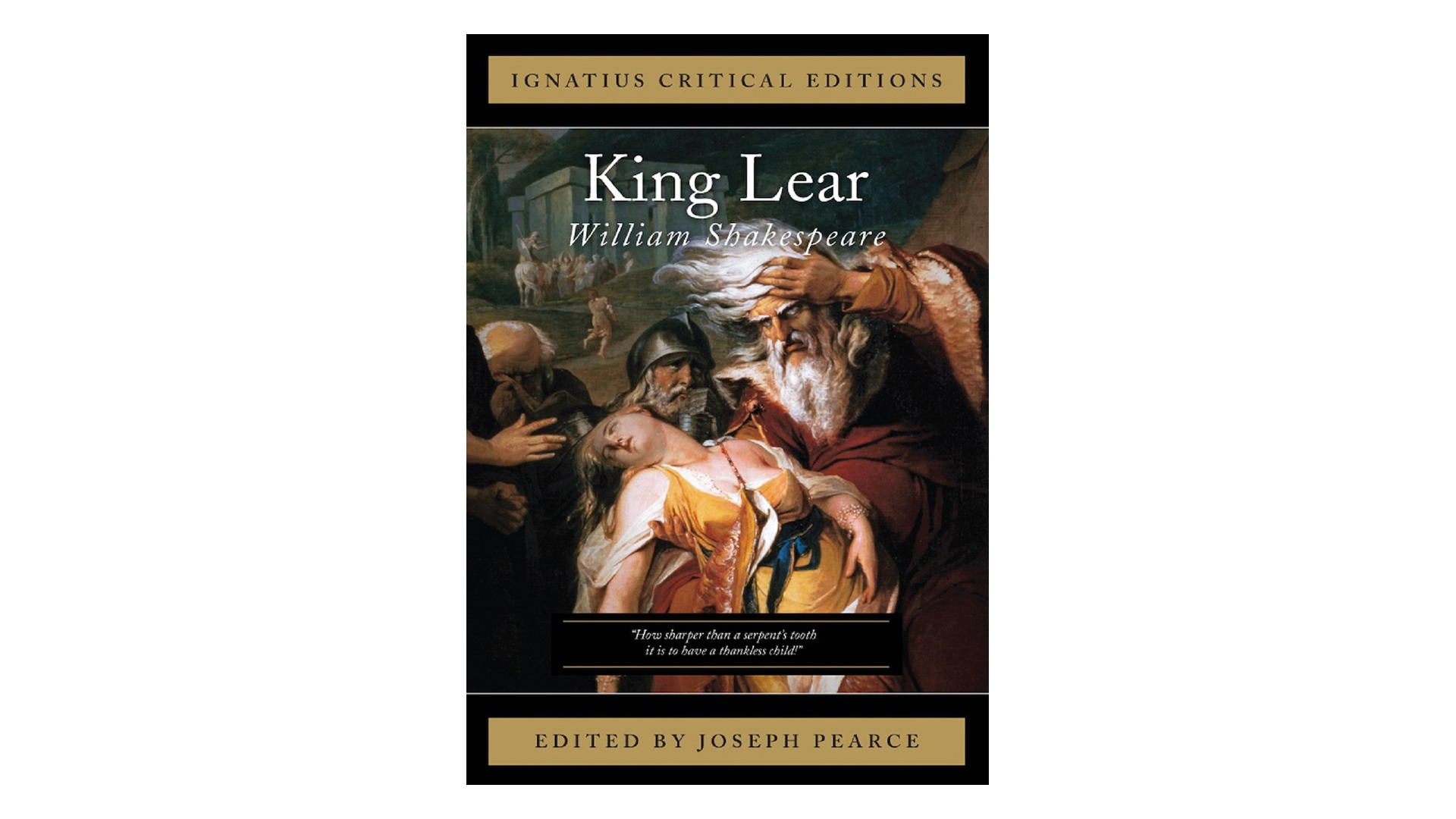
The wise king makes a fatal mistake, choosing flatter of the older children over the truthfulness of Cordelia, the youngest. However, the situation changes when the man passes power to his two daughters, Goneril and Regan (Hamilton, 2017). As stated by Hamilton (2017), over the course of his rule, everyone was faithful and obedient to his orders. King Lear Character Analysis King LearĪ protagonist of the play, King Lear, is an elderly king of Britain. Observing the chaos inside his former kingdom, Lear loses sanity, dying in Cordelia’s arms.

Jealousy motivates her to poison the sibling and commit suicide afterward.

Yet, the plan falls apart when Goneril becomes jealous of Edgard’s brother’s romantic feelings for her sister. In exile, Edgar thrives on gaining power even in an illegal way, deciding to ally with Goneril and Regan to defeat Cordelia (Al Zoubi and Al Khamaiseh, 2018). Despite Lear’s prior unfair treatment, the woman remains loyal to him, continuing to take care of the former ruler.Īnother plotline concerns Edgar, an illegitimate son of the Earl of Gloucester. At the same time, Cordelia marries a French king and falls for an obligation to invade Britain with an intent to save her neglected parent. When the king makes a decision to renounce Cordelia, concentrating the right to rule between Goneril and Regan, the new authority figures expel the man, forcing him to leave as an outcast. Cordelia, the youngest daughter, chooses to remain without power than be dishonest with Lear.

The story began when the aging King Lear decided to transfer power to his grown-up daughters, diving the kingdom in three equal proportions. A brief overview of the plot, characters, and central themes of the play provides sufficient evidence to argue that Shakespeare aims at encouraging the readers to disregard the quest for power in favor of family ties. Chaotic events of the post-Medieval rule are perceived through the prism of jealousy, betrayal, and dishonesty. The struggle for power constitutes a root reason for conflict in Shakespeare’s King Lear, wherein a royal family betrays their ties for the sake of authority and order.


 0 kommentar(er)
0 kommentar(er)
